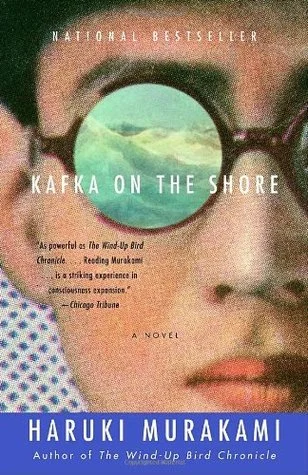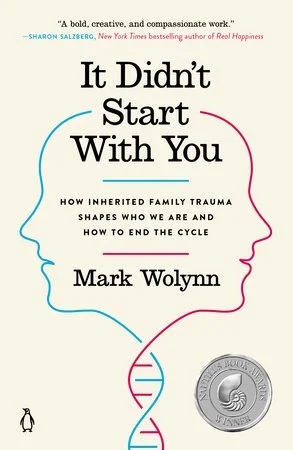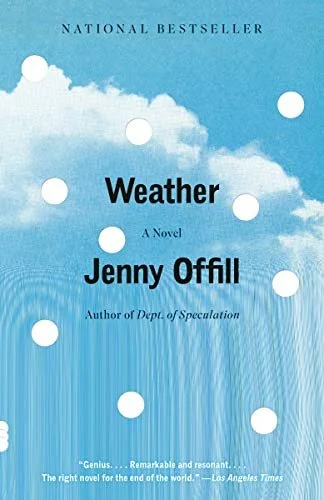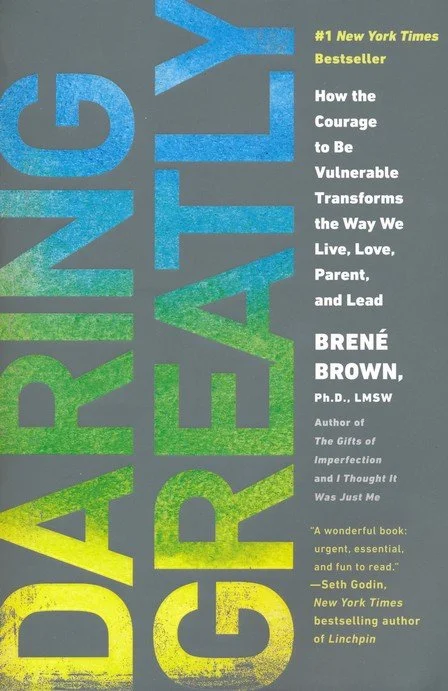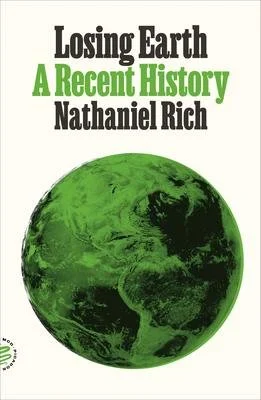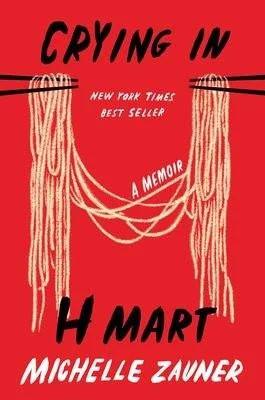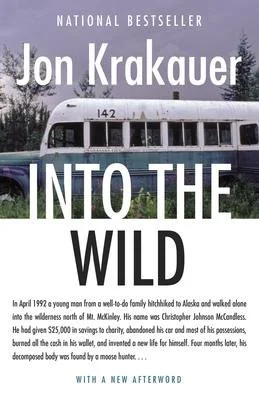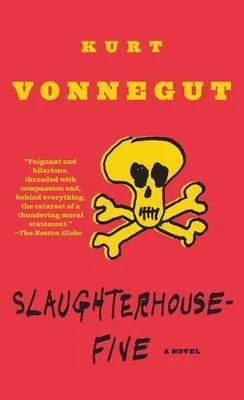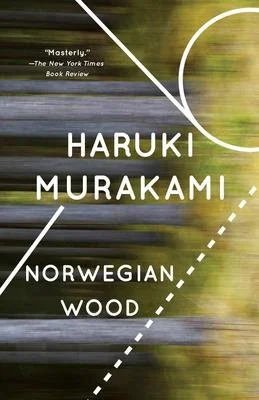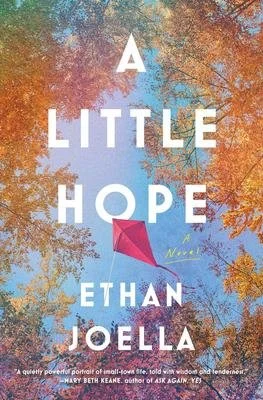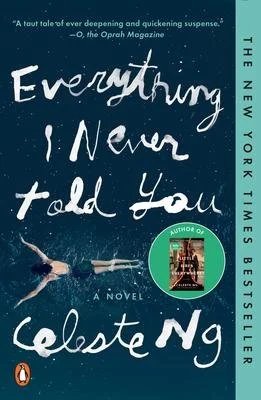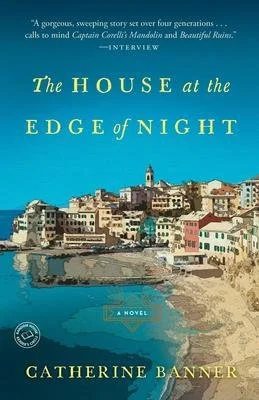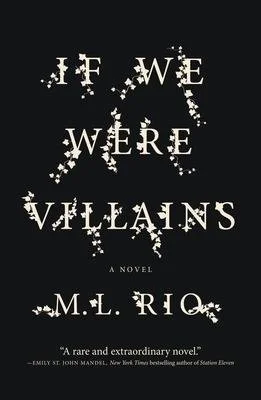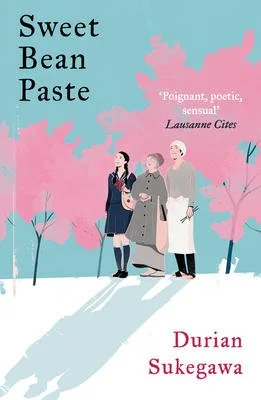My 5 Favorite Books of 2021
I am obsessed with end of the year “Best Books” lists. I always seek them out around this time of the year to dump a massive pile of books onto my TBR list. If you’re reading this I’m hoping it means you are looking for some book recommendations to fill your 2022 reading list. I know I’m still scoping out some candidates.
I love books that help me understand the human psyche or that describe the mundanity of the human experience to the point that it feels like a strange magic. I think this list reflects that. I can proudly say that every book I read was genuinely great. However, I kept the list small to only include the books that stayed with me long after I finished them. To maximize the book recommendations, I recruited my two favorite book worms, Dom and Annika, to give me their top fives of the year as well. Here are my top 5 in the order I read them in.
1. Breath: The New Science of a Lost Art by James Nestor (non-fiction)
This book changed the game for me. I’d say over the past two years before I read Breath, I was becoming more aware of my breathing. I got really serious about running, I started an inconsistent-turned-dedicated meditation routine, and yoga became part of my everyday exercise. All that along with a spike in my anxiety once COVID hit the streets, it all seemed to culminate in me getting my hands on this book to finally piece together an idea I was suspicious of: The key to good mental and physical health is learning to breathe correctly.
Through a series of experiments, talks with singers, athletes, scientists, and yogis, journalist James Nestor manages to spin a tale of how humans have forgotten how to breathe and how we can get ourselves back on track to better breathing habits for a healthier life. He does it all with a genuine enthusiasm and wonder, that kept me amazed at all that the human body can be capable of, for better or worse.
“Sapiens would become the only animals, and the only human species, that could easily choke on food and die. Strangely, sadly, the same adaptations that would allow our ancestors to outwit, outmaneuver, and outlive other animals[…] would obstruct our mouths and throats and make it much harder for us to breathe. This recessed growth would, much later, make us prone to choke on our own bodies when we slept: to snore.”
2. Kafka on the Shore by Haruki Murakami (fiction)
Haruki Murakami is one of my favorite authors. Specifically for the way he weaves the mundane and the surreal together. Whenever something fantastical happens, it never fails to catch me off guard and even unsettle me. Kafka is no exception and has landed a spot as one of my all time favorite works of fiction. I didn’t know much about what this book was about going into it, so I will pass down that gift and say very little other than it’s a book that teaches you to trust that gut instinct. If your gut is telling you to pick this up, you’re already on the right track.
“My head propped up by prickly brambles, I take a deep breath and smell plants, and dirt, and, mixed in, a faint whiff of dog crap. I can see the night sky through the tree branches. There’s no moon or stars, but the sky is strangely bright[...] I try to pull myself together and pick up the scattered jigsaw puzzle pieces of me lyin all around. This is a first, I think. Or is it? I had this feeling somewhere before. But when?”
3. It Didn’t Start With You by Mark Wolynn (non-fiction)
Guys, therapy is expensive ok. In 2021, I started therapy, and I gotta say, this book did more to help me work through my trauma than my bi-weekly, 50 minute sessions in therapy. Of course it helped that I started reading this at the same time I started therapy, it was nice to know what I was talking about as I discussed my neurosis with my therapist (shout out to Candace), it really sped things along.
This book is very insightful on how our family ties, even three generations previous to us, can affect the cycles in our own lives. Whether it’s the way we love others, our mental and physical health, or our careers, suffering can be passed on genetically onto us. The key is awareness. This book marries psychology and stories of people overcoming their traumas by piecing together the stories of their parents, grandparents, and great great grandparents. It serves as a kind of workbook in the second half that walks the reader into self awareness. To say this book changed my life might seem a bit overzealous, but I can definitely say I had a whole new mindset by the flip of the last page.
“Determined to heal our broken relationship, I booked a flight home to Pittsburgh. I had not seen my mother in several months. As I walked up the driveway, I could feel my chest tighten. I wasn’t sure our relationship could be repaired; I had so many raw feelings inside. I prepared myself for the worst, playing out the scenario in my mind: She would hold me and I, wanting only to soften in her arms, would do just the opposite. I would turn to steel.”
4. Weather by Jenny Offill (fiction)
This just might be my ideal book. It just might. Hear me out. It’s short, it’s funny while unimaginably bleak things happen all throughout, and yet… the story portrays the human experience as filled with beautiful morsels of hope. The title of the book says it all, in a way that pisses me off because I know I’ll never be that clever.
Weather is about the everyday life of a once promising graduate student, Lizzie, who is now a librarian at the university she used to attend. She spends her days with her family, avoiding a meditation class, and hoping the crick in her knee is nothing other than a crick. As we see the world through Lizzie’s eyes, we see there’s lots to love and plenty to laugh about through the narrator’s witty humor. However, as the political world changes around her, climate anxieties rise, and her family begins to struggle with old habits, Lizzie finds it harder and harder to believe that she can weather this storm.
“Somehow, I get seated halfway down the table from her. I’m trapped next to this young techno-optimist guy[...] He asks me what my favored platforms are. I explain that I don’t use any of them because they make me feel too squirrelly. Or not exactly squirrelly, more like a rat who can’t stop pushing a lever. Pellet of affection! Pellet of rage! Please, please, my pretty! He looks at me and I can see him calculating all the large and small ways I am trying to prevent the future.”
5. Daring Greatly by Brené Brown (non-fiction)
This book has been on my reading list for a looooong time. I knew I’d like it because it’s about a topic I never tire of diving into: vulnerability in the modern age. Yes, this is another of the books I read deep in my psychoanalysis phase in 2021. It was like reading the world’s best pep talk while receiving the warmest hug and a gentle kiss on the forehead. Yes, there was squirming, but by the end you just let yourself lean into it.
There’s a lot of sad truths in this book about how a lot of us avoid the discomfort of being vulnerable because our culture dictates it as weakness, which can cause us to feel unworthy of love, of friendship, of success. The irony is that we connect with people the most when we can be vulnerable with each other. If we aren’t vulnerable and instead put up emotional walls, we feel more and more removed from the world around us and become less likely to be vulnerable. It takes constant practice. Daring Greatly dispels a lot of the myths in our culture of “never enough” and Brown is able to build strength within the reader to try the brave thing, to own their vulnerability.
“I define vulnerability as uncertainty, risk, and emotional exposure. With that definition in mind, let’s think about love. Waking up every day and loving someone who may or may not love us back, whose safety we can’t ensure, who may stay in our lives or may leave without a moment’s notice, who may be loyal to the day they die or betray us tomorrow - that’s vulnerability. Love is uncertain[...] Yes, it’s scary and yes, we’re open to being hurt, but can you imagine your life without loving or being loved?”
Here are Dom’s favorite books of 2021:
1. Losing Earth by Nathaniel Rich (non-fiction)
This book did a fantastic job of recounting how the US Government in the 80s knew all about the climate crisis, but didn't act. It's an incredibly engaging, yet frustrating tale that really made me loathe Reagan and his policies more than I already had.
2. Crying in H Mart by Michelle Zauner (memoir)
Michelle Zauner is such an excellent writer. I was wrapped up in the emotion she conveyed, and how well she described complex relationships.
3. Into the Wild by Jon Krakauer (biography)
Such a fascinating tale that inevitably ends in tragedy. I really enjoyed how Krakauer recounts McCandless' journey and interweaves his own stories as well.
4. Slaughterhouse Five by Kurt Vonnegut (fiction)
My first real experience reading a book from the perspective of an unreliable narrator. Such a classic sci-fi blend that perfectly satirizes the cruelty of war.
5. Norwegian Wood by Haruki Murakami (fiction)
The emotion and struggles the characters face in this book really drew me in, and I finished it rather quickly. That being said, the male gaze is an issue.
Here are Annika’s favorite books of 2021:
1. A Little Hope by Ethan Joella (fiction)
This book goes through the lives of a whole cast of characters living in a small town in Connecticut. It’s very emotional and has the feeling of a typical white suburban hallmark movie, but what I loved about it is the way each chapter is from a different character’s perspective. It’s done really well as you get all the previous characters’ stories continued on when you see them in the background of other peoples’. What really made it a part of my top five is the way it shows the dichotomy of how someone views themselves versus how others view them. It gives perspective that we are not just the main character of our own story but also a part, no matter how small, of the stories of those around us.
2. Everything I Never Told You (fiction)
This story follows a family as they deal with the tragic loss of the eldest daughter. It goes through each individual in the family’s life and perspective to the point where the reader understands the ins and outs of them all. Their actions, while not justified, make sense given all the information we know about them. However, the characters don’t know these things about each other so the tension comes from just a lot of missed communication. It’s frustrating but eye opening in that it shows how little you can conceivably know a person.
3. If We Were Villains by ML Rio (fiction)
I hate pretentious unaware characters and books that try to recognize their characters’ privilege without making any real social commentary out of it. ML Rio does both of these things in her setting of a group of seven college seniors at a prestigious acting college that specializes in Shakespeare. It’s an intriguing, albeit predictable, murder mystery but what touched me was the way the characters spoke about theater. The way the plays and words of a dead man are such a part of their minds, hearts, and souls was captivating. Watching the insanity that overtakes them all as the lines between fiction and reality blur was really well done in a way that felt like a Shakespearan tragedy in and of itself. I loved how it explored the way fiction affects our reality and the way the two are inseparable.
4. House at the Edge of the Night by Catherine Banner (fiction)
I read this book at the beginning of the year but I still feel stuck on the little island Castellamare. It’s a small Italian island that we see through the eyes of a single family throughout generations. It shows how much one person can affect a community even long after they are gone but it also shows how the political affects the personal. The island is off the coast with no real contact with the mainland but it gets affected by the wars and politics of the world in its own way. It also shows how propaganda can turn loved ones against each other in divisive times. Being on this island and watching a family grow was magical and made me think more about what we leave behind when we are gone.
5. Sweet Bean Paste by Durian Sukegawa (fiction)
This was my favorite book that I read this year and it’s one I think everyone needs to read, especially during this pandemic. It’s the story of a man who is working for a small sweets shop to try and pay off a debt to the man who bailed him out of prison. The story is about him meeting and befriending an elderly woman with crippled hands. I don’t want to spoil anything and writing about it is making me emotional, but the main theme is the question of what makes a life worth something. Is your life worth something even if you can’t contribute to society in the way it tells us we should? It was comforting in the most unexpected way. It tells of the true value of being a person and how it can never truly be measured.


